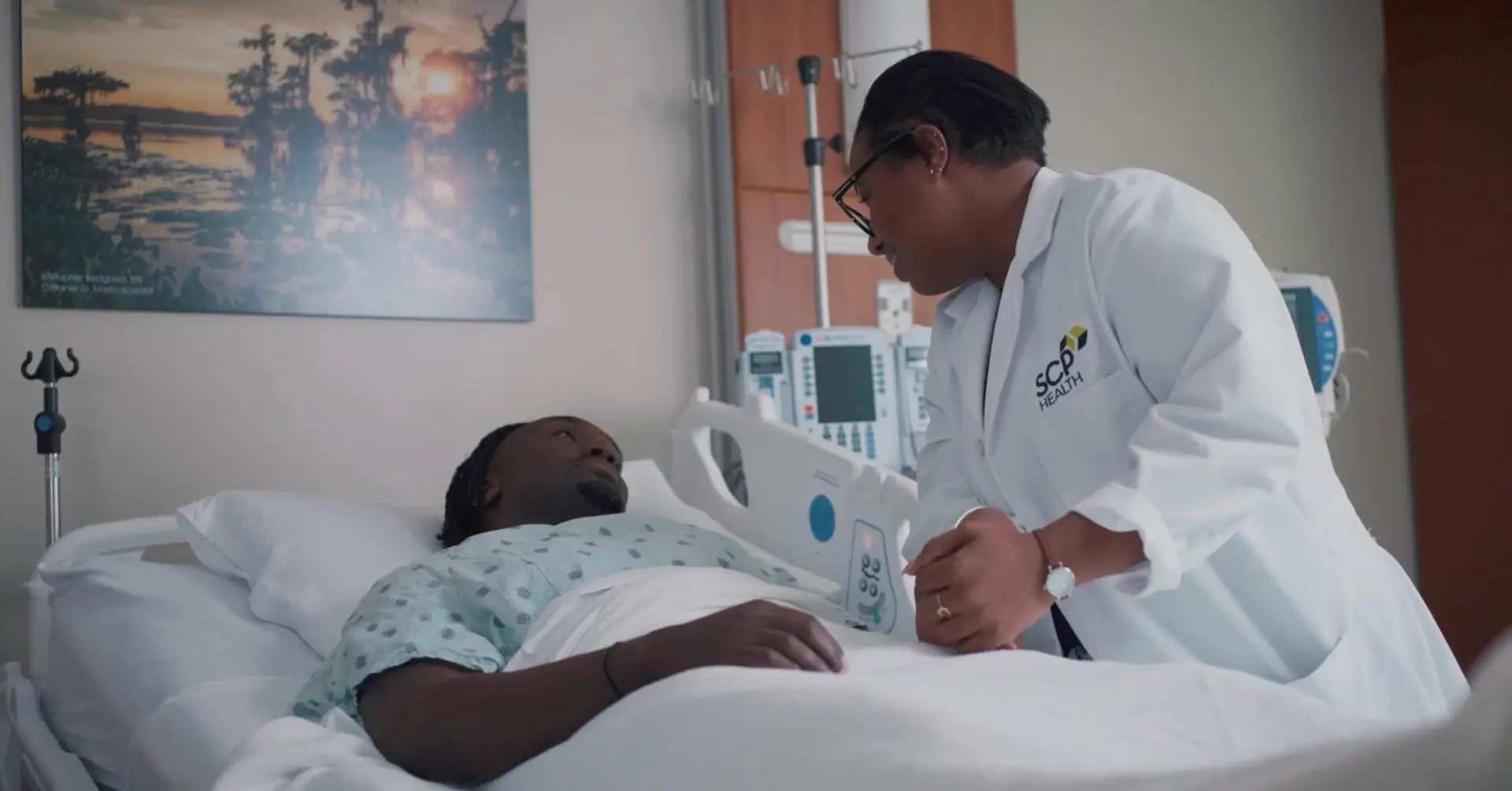As health care professionals, we dedicate our lives to caring for others. Yet, ironically, medicine can be one of the loneliest professions. A recent study published in the Harvard Business Review1 found that doctors are among America’s loneliest workers (along with lawyers), with physicians reporting loneliness levels 25% higher than those with bachelor’s degrees, and 20% higher than those with PhDs.
In 2023, the U.S. Surgeon General’s advisory announced that loneliness and social isolation have reached epidemic levels in the United States. This trend is not limited to any specific age group but cuts across various demographics.²
For clinicians, this isolation isn’t just a matter of personal discomfort—it has profound implications for our health and the quality of care we provide. Research has linked social isolation to increased risks of cardiovascular disease, dementia, depression, and anxiety. One study even showed that loneliness has similar health effects to smoking 15 cigarettes a day.³
Why Are Clinicians So Lonely?
- Medical culture often discourages showing vulnerability, making it harder to develop deep connections
- The unique challenges of medical practice can be difficult for others to understand
- Maintaining clinical distance with patients can inadvertently bleed into personal relationships
- Increased staff turnover makes it harder to develop long-term relationships with care teams
- Face-to-face collaboration is decreasing due to electronic medical records
- Growing focus on productivity can create a competitive rather than collaborative environment
As one medical student poignantly expressed on an online forum, “Medicine is a lonely road and one which we all travel by ourselves.” Another worried that “the reality is, in medicine and any other demanding competitive career, one is bound to spend lots of time alone, maybe even most of most days alone … You’re also bound to face a lot of challenges that none of your close friends (or even spouse) will understand.”5,6
Combating Loneliness in Medicine
While the challenge is significant, there are steps we can take to combat loneliness and foster connection:
- Cultivate a collaborative environment: Building relationships based on trust and balance is crucial. The Harvard Business Review study found that “employees who reported feeling a sense of shared meaning with coworkers showed even greater gains” in job satisfaction and retention.
- Seek work-life balance: Practice mindfulness, recognize signs of burnout, and find hobbies that bring joy outside of work. Importantly, stay connected to your “why”—the reasons you became a clinician and continue to practice medicine.
- Get involved in your community: Engagement outside of work can provide valuable social connections and a sense of purpose beyond your professional role.
- Join a network of clinicians: Having colleagues who understand your unique challenges can be invaluable. Look for opportunities to connect with peers who share your values and experiences, not just those in your immediate geographic area.
- Prioritize face-to-face interactions: While technology has its place, make an effort to have in-person conversations with colleagues when possible. These interactions can help counteract the isolating effects of electronic medical records and virtual communication.
The Importance of Shared Meaning
The Harvard Business Review study highlighted an important finding: while social support was positively associated with job satisfaction and retention, “employees who reported feeling a sense of shared meaning with coworkers showed even greater gains on both metrics.”
For clinicians, this shared sense of purpose is often inherent in our work—we’re united by our commitment to patient care and improving health outcomes. However, it’s easy to lose sight of this shared mission amid the daily grind. Actively fostering this sense of shared purpose, whether through team-building activities, collaborative projects, or simply taking time to discuss your motivations and goals with colleagues, can be a powerful antidote to loneliness.
Conclusion: You Are Not Alone
Recognizing and addressing loneliness in medicine is crucial for our well-being and the quality of care we provide. It is a societal issue that demands attention and action.
Remember, being part of a community is an essential aspect of wellness. At SCP Health, we’re committed to fostering a supportive environment where clinicians can connect, collaborate, and find shared meaning in their work. Whether it’s through mentorship programs, team-building initiatives, or simply creating spaces for open dialogue, we believe in the power of connection to combat loneliness and enhance both personal and professional satisfaction.
You entered medicine to make a difference in people’s lives. Don’t let loneliness stand in the way of that mission. Reach out, connect, and remember—you are not alone on this journey.






